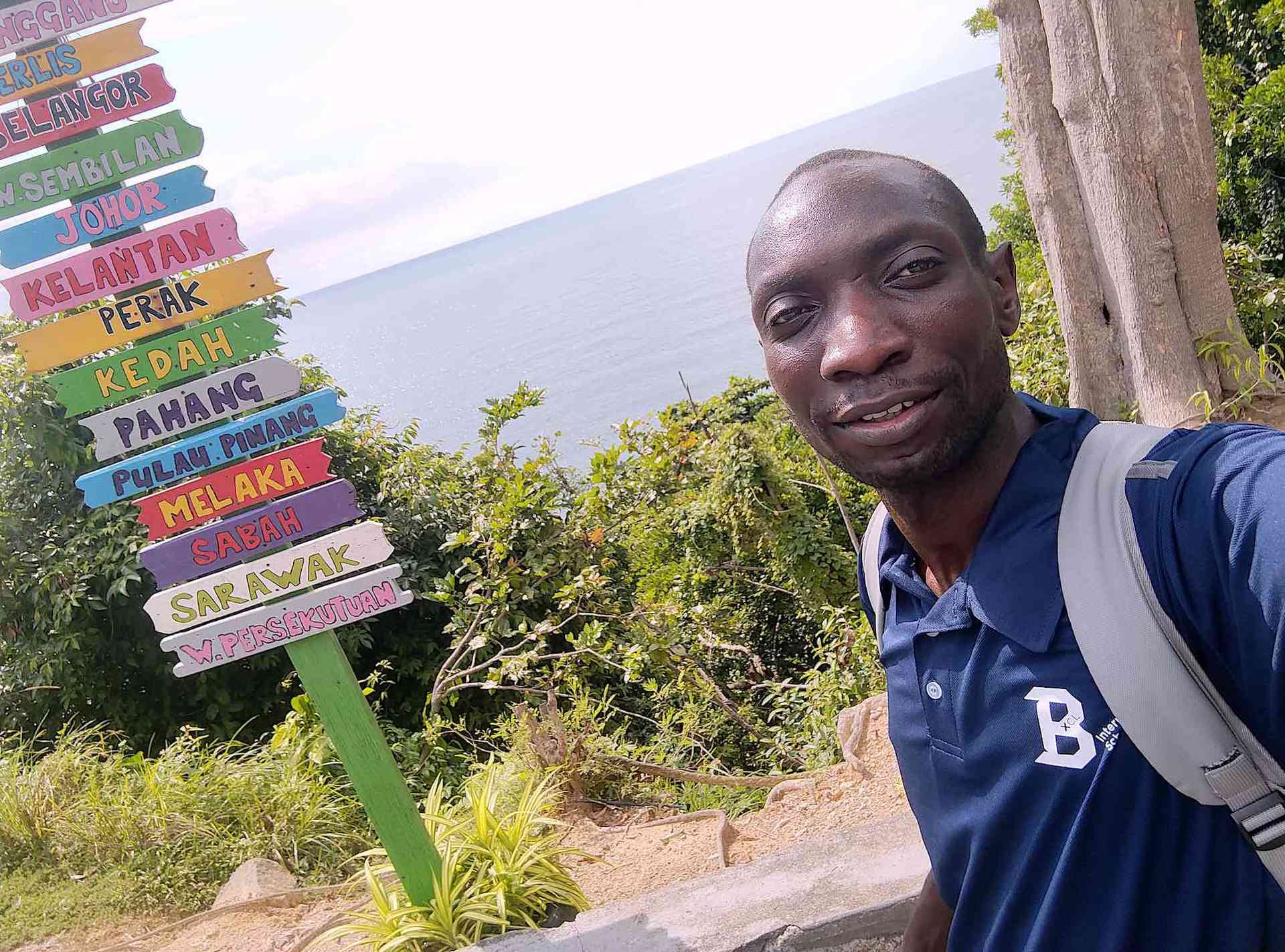In the ever-evolving landscape of education, the traditional classroom setting is expanding beyond its four walls. Educational trips, also known as field trips, have become an integral part of the learning experience, offering students and teachers a myriad of benefits that extend far beyond the confines of textbooks. In this article, we explore the transformative advantages of educational trips and how they contribute to a holistic and enriched educational journey.
Real-world Application of Knowledge:
Educational trips provide a unique opportunity for students to bridge the gap between theoretical knowledge and real-world application. Whether it's a visit to a science museum, historical site, or a local business, students can witness the practical implications of what they learn in the classroom. This hands-on experience not only solidifies academic concepts but also cultivates a deeper understanding and appreciation for the subject matter.
Enhanced Social and Emotional Development:
Stepping outside the familiar school environment encourages students to interact with their peers and teachers in a different context. This social interaction fosters teamwork, communication skills, and the ability to adapt to new situations. Moreover, experiencing new environments can stimulate emotional growth, helping students develop resilience, empathy, and a broader worldview.
Inspiration and Motivation:
Educational trips have the power to ignite curiosity and passion within students. Exposure to new ideas, cultures, and experiences can inspire them to explore new fields of study or even consider career paths they had not previously thought about. For teachers, witnessing the spark of inspiration in their students can be incredibly rewarding and rejuvenating, reigniting their passion for teaching.
Cultural Awareness and Diversity:
Visiting culturally significant locations or engaging with diverse communities exposes students to a rich tapestry of perspectives and traditions. This firsthand experience fosters cultural awareness, tolerance, and respect for diversity. Teachers can leverage these opportunities to incorporate discussions about global issues, promoting a more inclusive and compassionate classroom environment.
Improved Retention and Engagement:
Studies have shown that experiential learning significantly improves information retention. Educational trips provide a multisensory experience, engaging students through sight, touch, and interaction. This active participation enhances the retention of information and makes learning more enjoyable, fostering a positive attitude towards education.
Teacher-Student Bonding:
Outside the structured classroom setting, teachers and students have the chance to interact on a more personal level. This bonding experience can strengthen the teacher-student relationship, creating a supportive and open learning environment. Teachers gain valuable insights into their students' interests and learning styles, allowing for more personalized and effective instruction.
Stimulating Critical Thinking and Problem Solving:
Educational trips often present students with challenges that require critical thinking and problem-solving skills. Whether it's navigating a historical puzzle or conducting experiments in a science center, students are prompted to apply their knowledge in practical situations. This not only sharpens their analytical abilities but also encourages a proactive approach to learning.
Connection to Classroom Curriculum:
Well-planned educational trips can be seamlessly integrated into the existing curriculum, reinforcing classroom lessons with real-world examples. Teachers can strategically select destinations that align with specific subjects, providing a tangible context that enhances understanding. This connection between theory and practice contributes to a more comprehensive and interconnected learning experience.
Building Independence and Responsibility:
Being outside the structured school environment requires students to take on more responsibility for their actions and well-being. Educational trips offer a safe yet independent space for students to make decisions, manage their time, and collaborate with peers. These experiences contribute to the development of essential life skills that go beyond academic knowledge.
Professional Development for Teachers:
Educational trips are not just beneficial for students; they also offer professional development opportunities for teachers. Exploring new environments, learning from experts, and adapting to different teaching methods contribute to a teacher's continuous growth. These experiences can rejuvenate educators, providing fresh perspectives and innovative teaching strategies.
- Community Engagement and Local Connections:
Educational trips can be designed to involve the local community, creating a valuable bridge between the school and its surroundings. Visits to local businesses, historical landmarks, or cultural institutions not only enrich students' understanding of their community but also establish connections that can lead to future collaborations and partnerships.
- Fostering a Lifelong Love for Learning:
Perhaps one of the most enduring benefits of educational trips is their potential to instill a lifelong love for learning. By making education a dynamic and engaging experience, students are more likely to remain curious, motivated, and open to continuous learning throughout their lives.
- Environmental Awareness and Sustainability Education:
Educational trips focused on environmental science or nature conservation can instill a deep appreciation for the natural world. Students can witness firsthand the impact of human activities on ecosystems or participate in conservation efforts. This experiential learning not only fosters environmental consciousness but also encourages sustainable practices that students can incorporate into their daily lives.
- Cultivating Global Citizenship:
International educational trips offer students a unique opportunity to experience different cultures and societies. Exposure to diverse perspectives fosters a sense of global citizenship, promoting understanding and empathy for people from various backgrounds. This cultural immersion contributes to the development of open-minded individuals who are better equipped to navigate an increasingly interconnected world.
- Promoting Health and Well-being:
Educational trips often involve physical activities, whether exploring outdoor environments, participating in team-building exercises, or engaging in educational games. These activities contribute to the overall health and well-being of students. Physical movement not only enhances cognitive function but also promotes a healthy lifestyle, reinforcing the importance of balance between mental and physical aspects of well-being.
- Integration of Technology and Innovation:
Educational trips can leverage technology to enhance the learning experience. Virtual reality (VR) or augmented reality (AR) applications can provide immersive experiences, allowing students to explore historical sites or scientific phenomena in a virtual space. This integration of technology stimulates interest and curiosity, aligning with the digital age in which students are growing up.
- Feedback Loop for Educators:
Educational trips offer a valuable feedback loop for educators. Observing how students engage with the learning environment outside the classroom can provide insights into teaching effectiveness and areas for improvement. This feedback allows teachers to continually refine their instructional methods and tailor their approach to better meet the needs of their students.
- Crisis Management and Decision-Making Skills:
Unforeseen circumstances can arise during educational trips, presenting students with opportunities to develop crisis management and decision-making skills. Navigating unexpected challenges encourages resilience and quick thinking, skills that are valuable in various aspects of life. Teachers, in turn, play a crucial role in guiding students through these experiences, fostering a sense of responsibility and adaptability.
Conclusion:
Educational trips, with their multifaceted benefits, transcend the conventional boundaries of education. They inspire, challenge, and empower both students and teachers, fostering a dynamic learning environment that extends beyond the confines of the classroom. As educational institutions continue to recognize the importance of holistic development, the integration of well-planned and purposeful educational trips stands as a cornerstone in preparing individuals for a future that demands adaptability, critical thinking, and a global perspective.


































